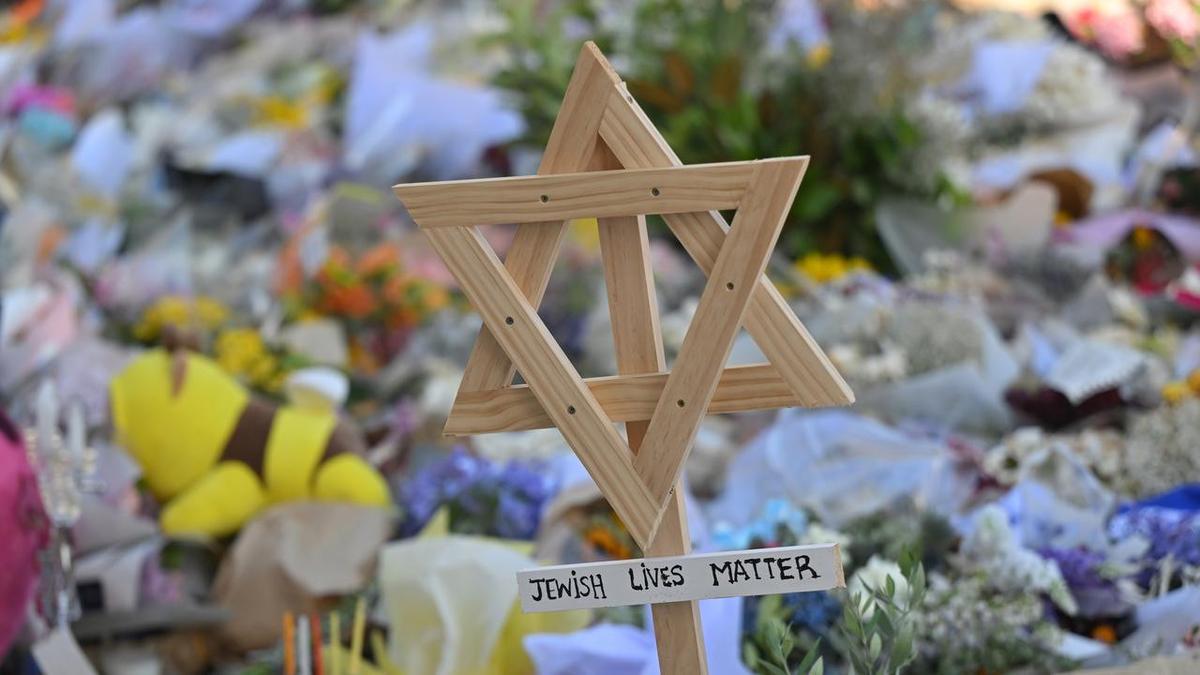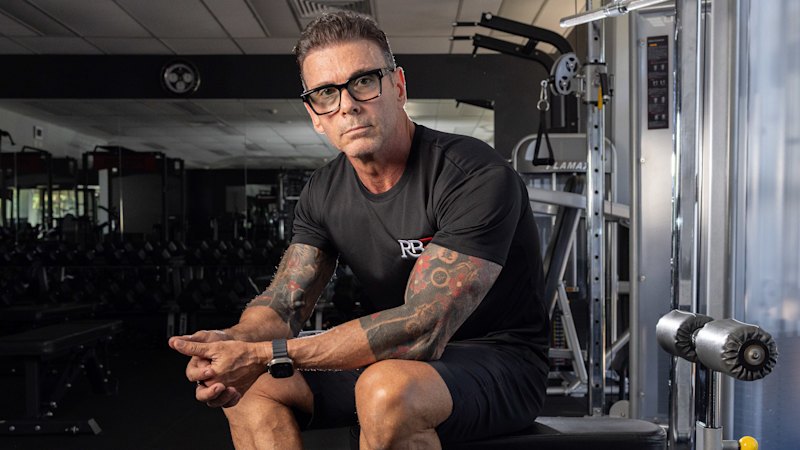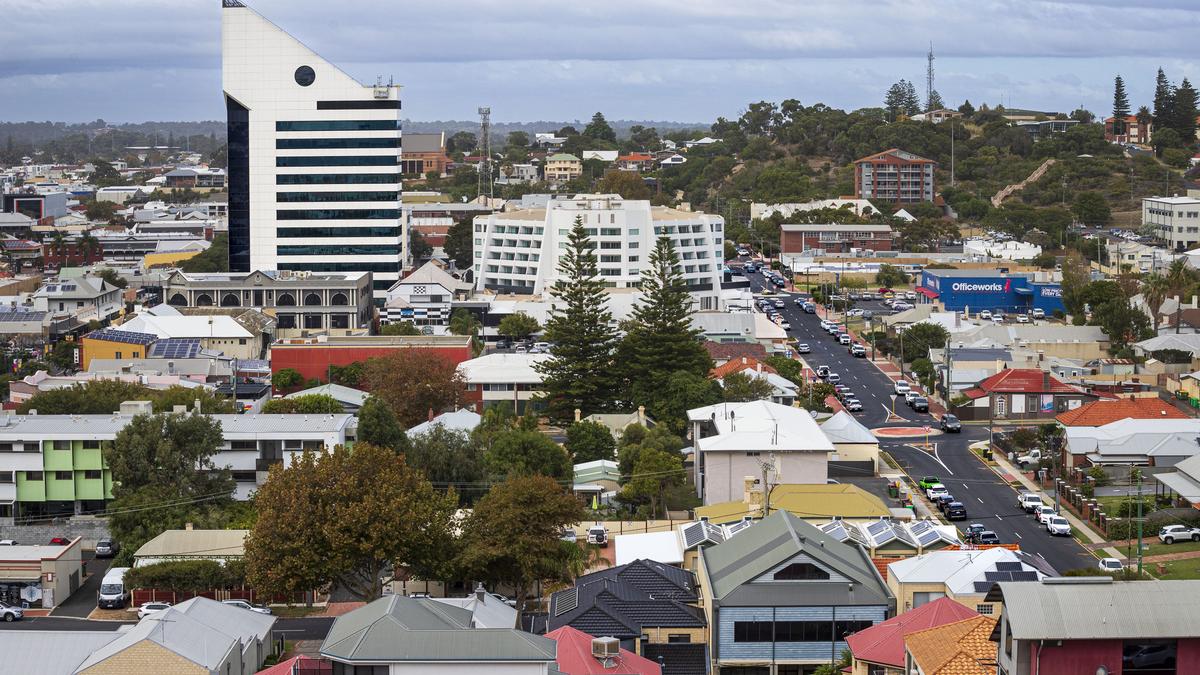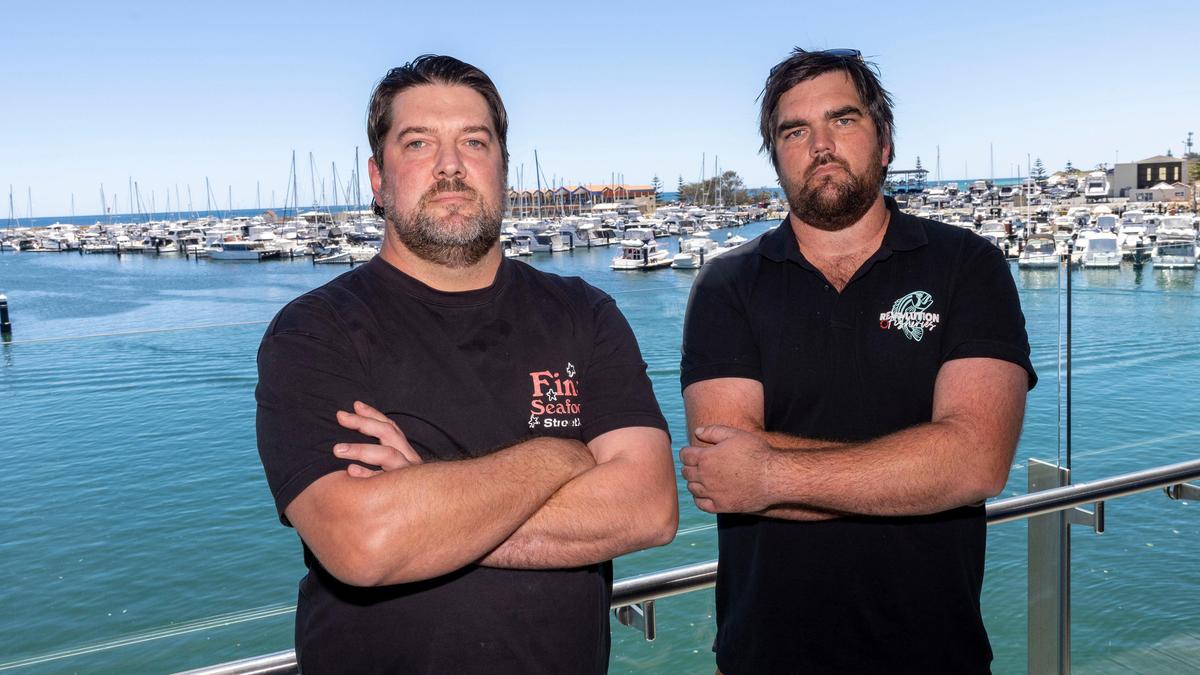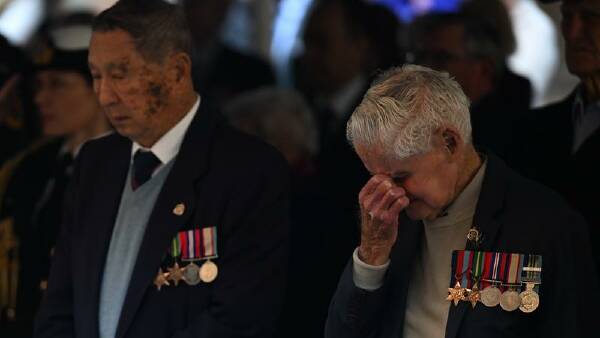
On August 15, 2025, Australia marked the 80th anniversary of the end of World War II, a solemn occasion that resonated deeply across the nation. Prime Minister Anthony Albanese joined thousands at the Sydney Cenotaph to pay tribute to the sacrifices made by Australian veterans during the conflict.
Honouring the Sacrifices of Veterans
In his address, Albanese recalled the poignant words of wartime Prime Minister Ben Chifley, who declared on August 15, 1945, “fellow citizens, the war is over.” Albanese reflected on the profound simplicity and strength of that statement, acknowledging the myriad stories of courage, resilience, and longing that defined the war experience.
On this Victory in the Pacific Day, which marks Japan’s acceptance of surrender to Allied forces, Albanese emphasized the emotional weight of the narratives that emerged from the conflict. He noted that almost one million Australians served in uniform, with approximately 40,000 not returning home. The toll included around 66,000 wounded and thousands more who endured the horrors of being prisoners of war, with 8,000 dying in captivity.
“Every life and dream and future swallowed in that vortex of madness and cruelty,” Albanese stated, highlighting the devastating impact of the war. “These were nightmares made real – not by monsters but by human beings in a grotesque perversion of humanity.”
Personal Stories of Valor
Among the stories honored was that of Frederick Balfe Emanuel, a young soldier who flew a B-24 bomber over Borneo in July 1945 but did not live to see the war’s conclusion. At just 22 years old, Emanuel enlisted in the Australian army, serving in New Guinea before undertaking perilous reconnaissance missions with the Far Eastern Liaison Office. His story serves as a poignant reminder of the many who came close to witnessing peace yet never returned home, as noted by memorial director Matt Anderson.
Commemorative services took place across Australia, including at the National War Memorial in Canberra and the Shrine of Remembrance in Melbourne. A fly-past over the National War Memorial in Adelaide added to the day’s significance. Federal Veterans’ Affairs Minister Matt Keogh described the day as marking the end of a “great darkness” instigated by one of the most devastating conflicts in human history.
Australia’s involvement in the Pacific theatre was pivotal, with forces actively engaged against Japan from 1941 to 1945. Initially, Australian troops fought in Malaya and Singapore; however, following the bombing of Darwin in February 1942, efforts shifted towards defending the Australian mainland and supporting the US-led offensive.
Greg Melick, national president of the Returned and Services League (RSL), emphasized the importance of recognizing the sacrifices of fallen soldiers. He remarked on the heartache faced by families who, after years of uncertainty, received news that their loved ones would never return.
This anniversary serves not only as a remembrance of those who served but also as a reminder of the enduring impacts of conflict on individuals and communities. As the nation reflects on this significant milestone, the stories of bravery and loss continue to resonate, reminding Australians of the true cost of war.
